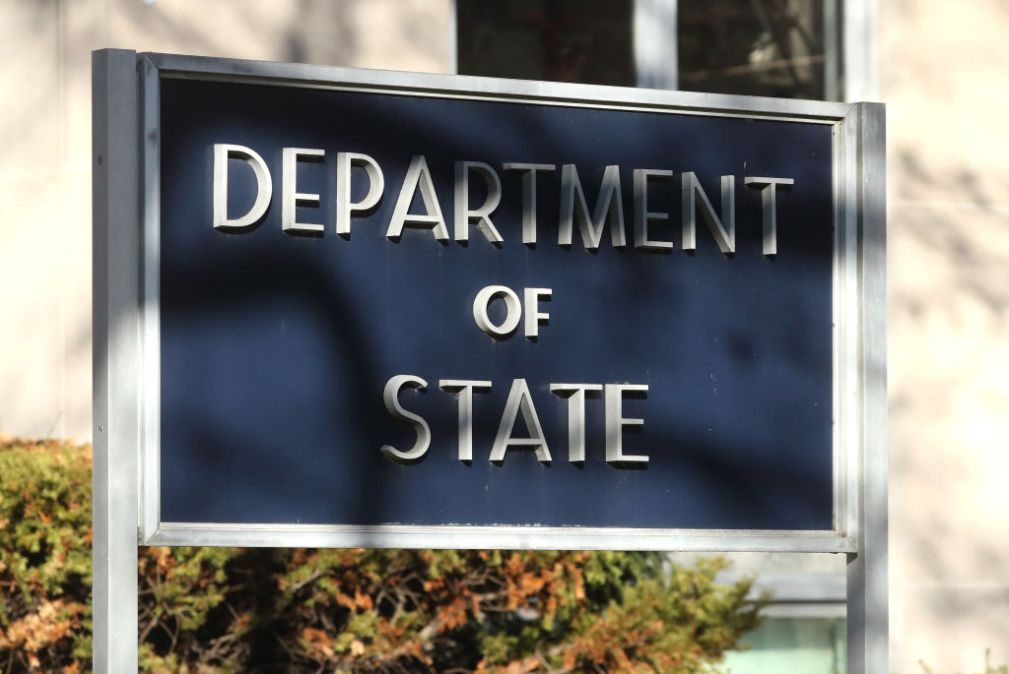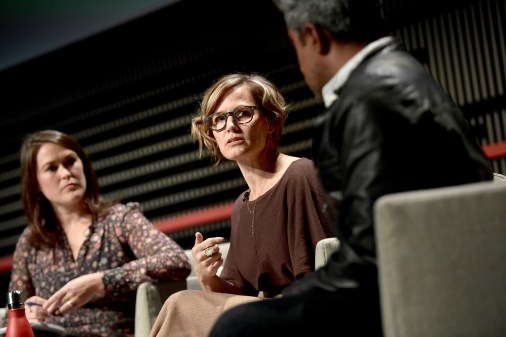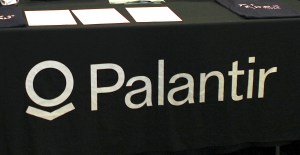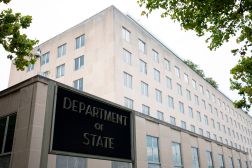State Department to use new Purdue tech diplomacy platform to train officials

The U.S. Department of State is the first organization to adopt a brand-new platform from Purdue’s Krach Institute for Tech Diplomacy that’s aimed at providing education on emerging technologies in the geopolitical landscape.
The Tech Diplomacy Academy, which launched Tuesday, is an online platform centered on teaching its enrollees about the science and engineering behind emerging technology, how those technologies are being commercialized, and the foreign policy risks and opportunities for those innovations, Michelle Giuda, the CEO of the nonprofit and nonpartisan Krach Institute and former assistant secretary of state, told FedScoop.
As the first adopter, the State Department will use that platform as an educational resource for its officials.
“The Krach Institute’s gift of educational licenses for their new Tech Diplomacy Academy will provide our public diplomacy and cyber and digital technology professionals access to cutting-edge training,” Elizabeth M. Allen, State’s undersecretary for public diplomacy, said in a written statement provided to FedScoop.
Allen underscored the importance of technology in global affairs, noting that “tech diplomacy is a central foreign policy priority” and that mastery of tech diplomacy “is critical for the State Department workforce to keep the United States on the leading edge.”
The establishment of the academy comes as understanding technology has become even more important in foreign affairs. Giuda said technological threats have only grown with things like generative AI, advanced semiconductors, 6G, and Iranian drones, and State Department leaders have highlighted the need to upskill diplomats.
“What we’re doing with the Tech Diplomacy Academy is empowering U.S. and allied government, business, tech, and then citizen leaders, so that they can compete and win in this rapidly changing technology landscape and rapidly changing and contested geopolitical landscape,” Giuda said.
Having the State Department as the first organization to adopt a new program is also something of a full-circle moment for the Krach Institute, which was founded by former State Department officials.
The institute was co-founded in 2021 by Keith Krach, former chairman and CEO of Docusign and former undersecretary of state for economic growth, and Mung Chiang, now president of Purdue University and a former science and technology adviser to the secretary of state.
While working at the State Department during the Trump administration, Giuda said that she, Krach and Chiang worked together to engineer the Clean Network, an alliance of countries and telecommunications companies, and in the process engineered new methods they called “tech diplomacy.”
“We’ve got this proven model now for how we work together with U.S. and allied governments, with corporations — not just in the U.S., but across all of those allied partners — in order to secure a critical tech sector, and so the founding of the Krach Institute was meant to continue that work,” Giuda said.
The Krach Institute’s “North Star” is to ensure that “technology advances freedom” and the Tech Diplomacy Academy advances that, she said.
The first curriculum the academy is offering is called the Tech Primer Series and focuses on fundamentals of critical emerging technologies, according to a release provided to FedScoop ahead of the announcement.
Officials at the State Department using the new platform will be able to take the courses provided by the academy on demand as their busy schedules allow, Giuda said. Courses are roughly one hour long and are composed of 10 six-minute modules. The initial curriculum has about 20 courses, and upon completion, the enrollee will receive a certificate, Giuda said.
The No. 1 metric for the success of the program will be whether the academy is providing value and new information to U.S. diplomats, she said.
While the State Department is the first, more partnerships within the government are part of the vision for the academy. Ultimately, Giuda said “the goal is for the entire USG to be learning on this platform.”






